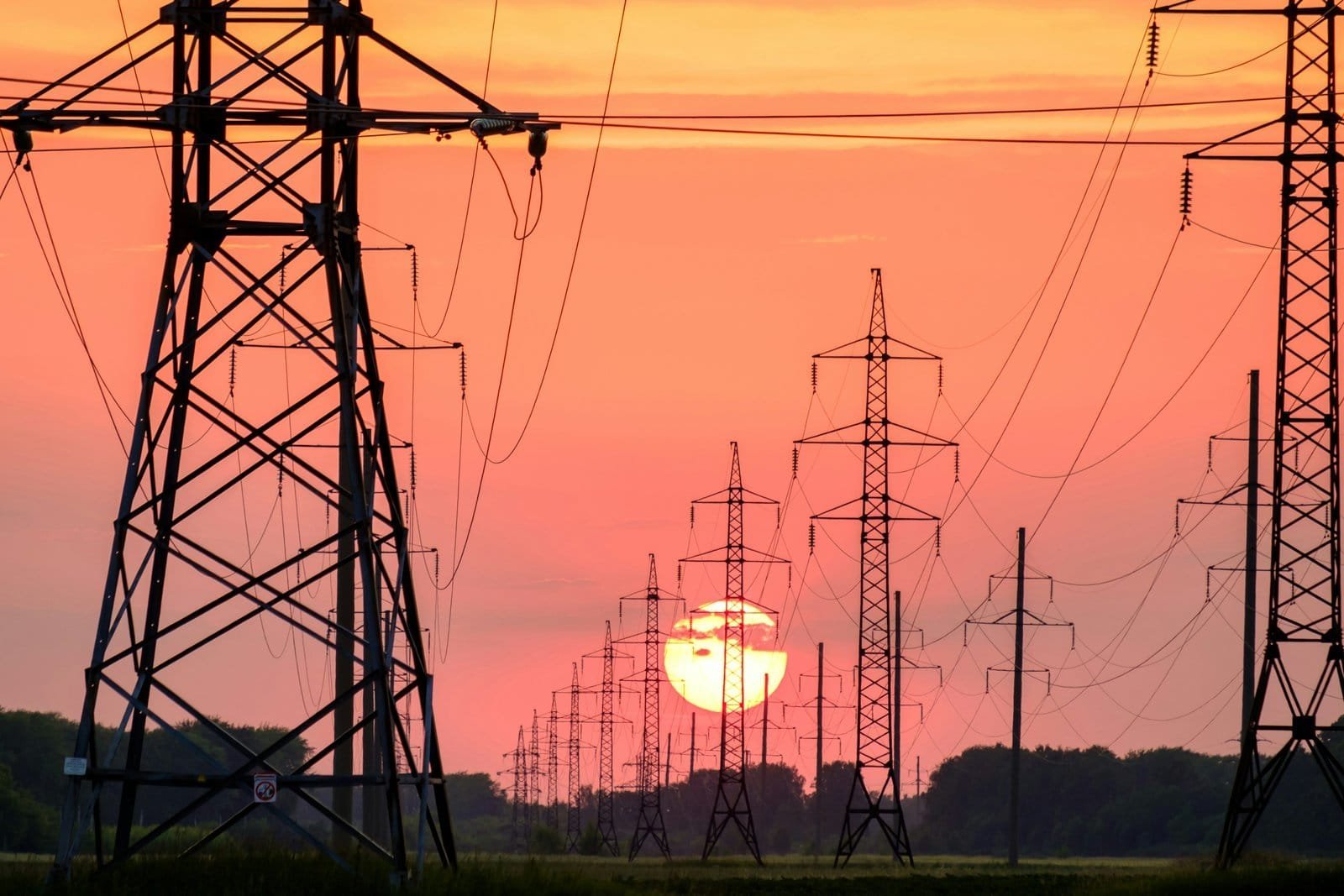Unlocking the Mystery: Should You Fix Energy Prices?
Exploring the Pros and Cons
In today’s ever-changing energy landscape, the question of whether to fix your energy prices can feel like a bit of a gamble. With regular headlines about potential price hikes, it’s tempting to lock in a rate for peace of mind. But is a fixed-rate tariff truly the most cost-effective option? Let’s delve into the pros and cons to help you make an informed decision.
The Benefits of Stability: Fixed-Rate Tariffs
The primary appeal of a fixed-rate energy tariff lies in its predictability. By fixing your unit price for gas and electricity, you shield yourself from unexpected price increases. This can be a major advantage, especially during periods of market volatility. Imagine the comfort of knowing exactly what your energy bills will be for the next year or two, allowing you to budget more effectively. Some suppliers also offer enticing perks for choosing a fixed-rate plan, such as introductory discounts or loyalty bonuses.
Security Versus Potential Savings
While the stability of a fixed-rate tariff offers peace of mind, it doesn’t always guarantee the most cost-effective option in the long run. The UK’s energy market can be unpredictable, and if the price cap (the maximum amount suppliers can charge per unit of energy) falls significantly after you’ve locked into a fixed rate, you could end up paying more than necessary. On the other hand, if the price cap rises, you’ll be grateful for the security of your fixed rate.
Weighing the Cost: The Fixed-Rate Premium
Fixed-rate plans typically come with a premium compared to variable tariffs that fluctuate with the market. This premium reflects the security you’re buying against potential price hikes. Ultimately, the decision of whether this premium outweighs the potential savings of a variable tariff hinges on your individual risk tolerance and market outlook.
Understanding Your Energy Habits
Before making a decision, it’s important to think about your own specific energy consumption habits. Do you tend to use more energy during different times of the year, like winter heating, for example? If so, a fixed-rate tariff might provide more stability during those peak periods. On the other hand, if your usage is fairly consistent throughout the year, a variable tariff could offer more flexibility to capitalise on potential price drops during off-peak times.
Keeping Your Options Open
Regardless of whether you choose a fixed-rate or variable tariff, staying informed about the energy market is always important. Price cap updates and specific supplier offerings are worth keeping an eye on to ensure you’re getting the best possible deal. Remember, you’re not locked into a fixed-rate tariff forever. Most suppliers allow you to switch to a different tariff at the end of your contract term, provided you give them proper notice.
The Final Verdict: A Tailored Approach
There’s no one-size-fits-all answer to the question of whether to fix your energy prices. The optimal choice depends on your individual circumstances, risk tolerance, and budget priorities. Consider your energy usage habits, research the current market landscape, and compare various fixed and variable tariff options before making a final decision.
Download the UK Compass App Today!
For further guidance on navigating the complexities of energy suppliers and tariffs, explore our utility resources or head over to the UK Compass app to find the best energy providers in your area. With our user-friendly app, you can easily compare prices, read reviews, and effortlessly connect with top suppliers to find the most cost-effective plan for your needs. Download UK Compass today and take control of your energy bills!





